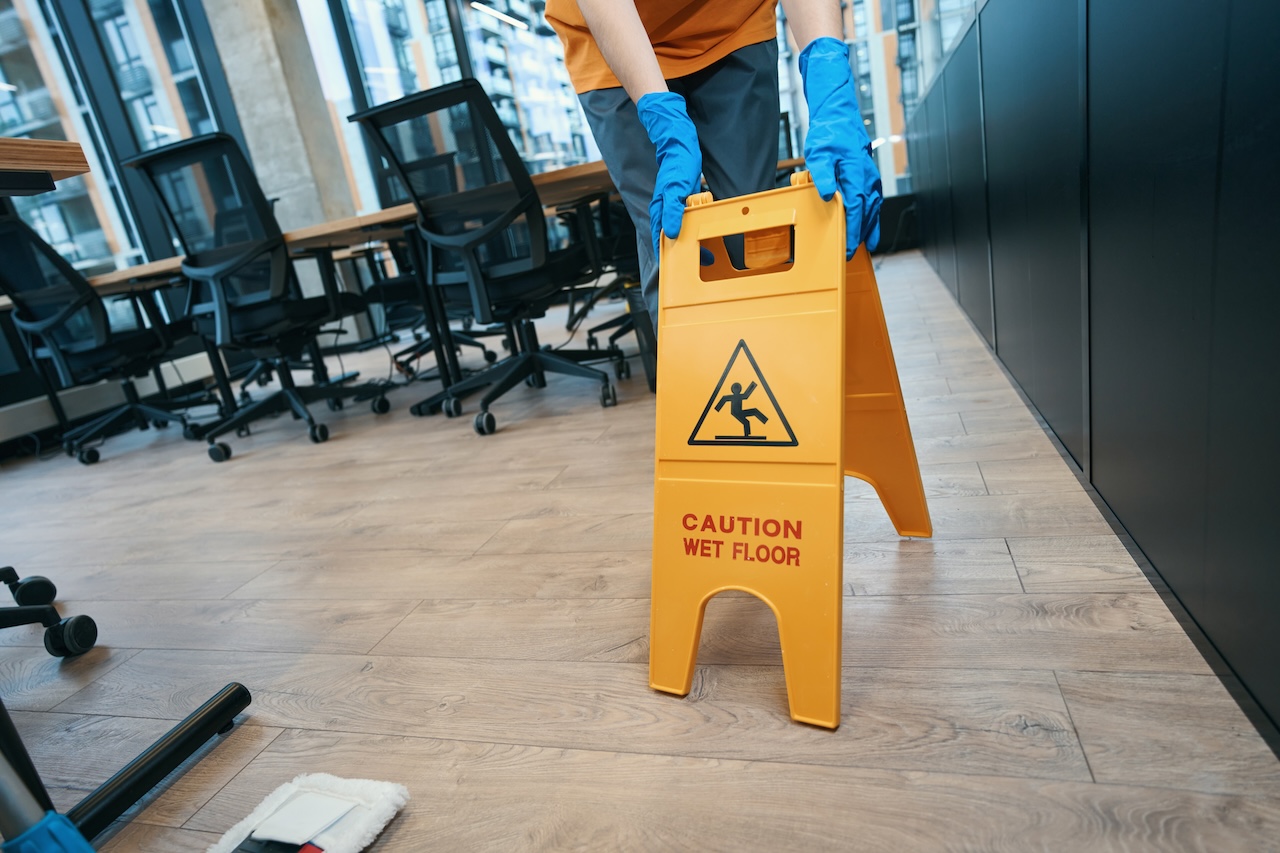Who’s Liable If Someone Gets Hurt on Your Property? Understanding Premises Liability for Business Owners
As a business owner, you work hard to create a safe environment for customers and employees. But accidents can happen despite your best efforts. When someone gets injured on your business property, understanding your legal responsibilities and insurance coverage when it comes to premises liability becomes crucial for protecting your business and finances.
What Is Premises Liability?
Premises liability is a legal concept that holds property owners responsible for injuries that occur on their property due to unsafe conditions. For business owners, this means you could be legally and financially responsible when someone gets hurt on your business property.
Under premises liability law, property owners have a duty to maintain reasonably safe conditions and warn visitors about potential hazards. This responsibility extends to various situations, from slip-and-fall accidents to injuries caused by inadequate security or poorly maintained facilities.
Who Can Be Held Liable in a Premises Injury?
The question of liability depends on several factors, including the visitor’s legal status and the circumstances surrounding the injury. Generally, three types of people can enter your property:
- Invitees receive the highest level of protection under premises liability law. These are people invited onto your property for business purposes, such as customers, clients, or delivery personnel. You owe invitees the highest duty of care, including regular inspections and prompt correction of hazardous conditions.
- Licensees are people who have permission to be on your property but aren’t there for your business benefit. This might include social guests or contractors working for their own purposes. You must warn licensees about known dangerous conditions but aren’t required to inspect for hidden hazards.
- Trespassers generally receive the least protection, though you still cannot intentionally harm them. The main exception involves child trespassers, where special rules may apply if your property contains attractive nuisances like swimming pools or playground equipment.
Real-World Premises Liability Scenarios
Understanding how premises liability works in practice can help you understand your potential exposure. For example, say a customer slips on a wet floor in your retail store because no warning sign was posted. Since the customer is an invitee, you could be liable if you knew or should have known about the hazard and failed to address it promptly.
Here’s another example. A delivery driver trips over broken pavement in your parking lot and suffers a serious injury. According to the National Safety Council, workplace injuries cost an average of $45,000 per incident. You could likely be held liable in this case since the driver was conducting business on your property.
Reducing Your Premises Liability Risk
Proactive risk management is your best defense. Here are some things to consider:
- Start by conducting regular property inspections to identify potential hazards like uneven walkways, inadequate lighting, or damaged handrails. Document these inspections and any corrective actions taken.
- Maintain your property diligently by promptly repairing hazards, keeping walkways clear, and ensuring adequate lighting in all areas. Establish clear protocols for addressing spills, ice, or other temporary hazards quickly.
- Implement proper warning systems by posting clear signage about potential dangers, wet floors, or construction areas. Train employees to recognize hazards and respond appropriately, including knowing when to close off dangerous areas.
- Consider security measures if your business involves late hours or valuable merchandise. Inadequate security can sometimes lead to premises liability claims if criminal activity results in customer injuries.
Is Premises Liability Coverage Separate or Part of General Liability?
The good news is premises liability coverage is typically included in your general liability insurance policy, so you don’t need separate coverage for most situations. General liability insurance covers bodily injury and property damage claims from your business, including incidents on your property.
However, coverage limits and exclusions vary by policy. Some risks may need additional coverage through a Business Owners Policy (BOP), which combines property, liability, and other protections in one package. Review your policy to understand your coverage limits and any exclusions specific to your business or property.
Protecting Your Business and Your Future
Premises liability represents a significant risk for business owners, but understanding your responsibilities and maintaining proper insurance coverage can protect your business from financial devastation. Premises liability laws vary by state, but an experienced insurance professional can help you get the right coverage for your business needs and risks.
Ready to evaluate your current liability protection? Contact Bethany Insurance today. Our experienced team can review your existing coverage, identify gaps, and help you secure comprehensive protection that keeps your business and finances safe.




